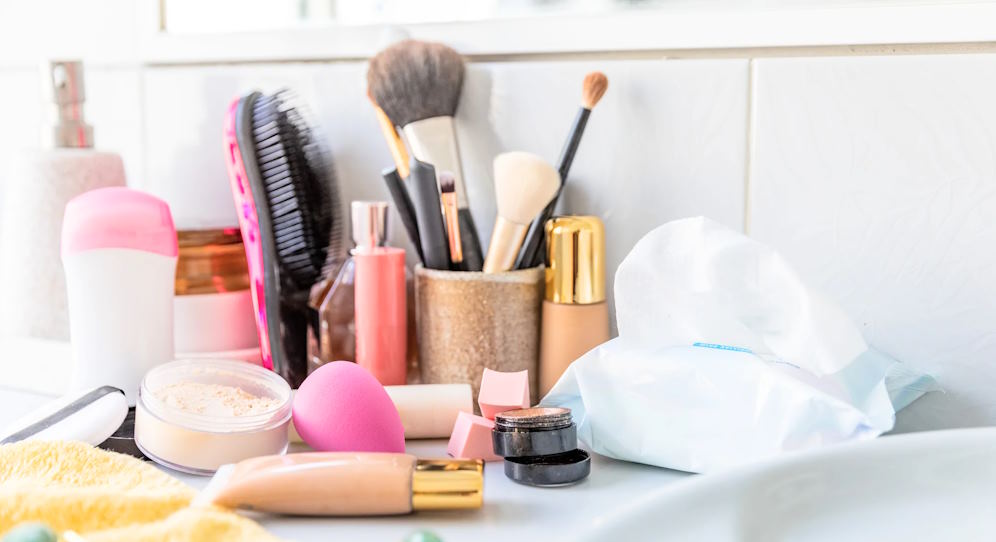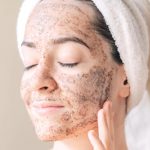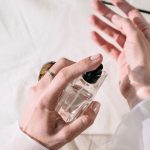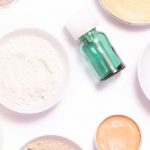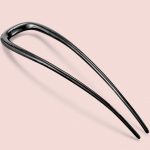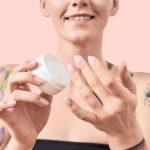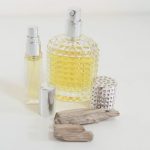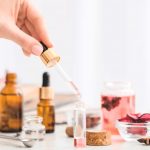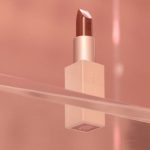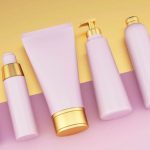Have you ever wondered if your favorite mascara or that expensive foundation you’ve been holding onto for years is still safe to use? Makeup expiration dates might seem like a trivial concern, but they hold the key to healthy, vibrant skin and responsible consumer habits. Expired makeup can lead to skin irritations, allergies, and even infections, putting your well-being at risk. Beyond the personal consequences, improperly disposing of makeup waste contributes to environmental pollution.
Why Makeup Expires
Makeup, like any other product, has a finite lifespan, and understanding why makeup expires is crucial for your health and beauty routine. There are several key factors that contribute to makeup reaching its expiration date:
The Role of Preservatives in Makeup
Preservatives are like the unsung heroes of your makeup products. They play a vital role in preventing the growth of harmful bacteria and mold. Without them, your cosmetics would quickly become breeding grounds for microorganisms, posing significant health risks. However, preservatives themselves have a limited shelf life, which means that over time, they lose their effectiveness. When preservatives in makeup products degrade, they become less capable of protecting the product from contamination, hastening its expiration.
Exposure to Air and Bacteria
Every time you open a makeup product, it’s exposed to the air and, subsequently, to bacteria and other contaminants. The more a product is exposed, the faster it degrades. Air can oxidize ingredients, leading to changes in color, texture, and scent. Additionally, bacteria from your skin or makeup brushes can find their way into the product, compromising its safety and effectiveness.
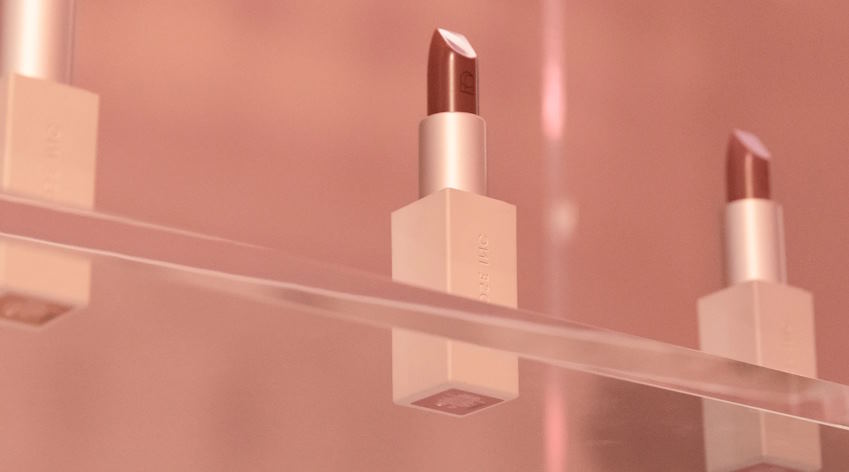
Makeup Product Categories and Their Expiration Periods
Makeup is a transformative tool that helps us look and feel our best, but it’s essential to know when to part ways with our favorite products to maintain both our health and beauty. Here’s a breakdown of different makeup product categories and their typical expiration periods:
Foundation and Concealer
Foundation and concealer products typically have a shelf life of 6 months to 2 years, depending on their formulation. Liquid and cream-based foundations expire sooner than powder foundations. As these products age, they may separate, change in texture, or develop an unpleasant odor.
Eyeshadows and Eyeliners
Powder eyeshadows and eyeliners can last 2-3 years or even longer. However, cream or gel eyeshadows and eyeliners have a shorter life span, around 6-12 months. Signs of expiration include dryness, cracking, or changes in color.
Lipsticks and Lip Glosses
Lip products typically last 1-2 years. Keep an eye out for changes in smell, texture, or the appearance of white spots, which indicate they’ve gone bad. Liquid lipsticks may have a shorter shelf life due to their liquid formulation.
Mascara and Eyeliners
Mascara and liquid eyeliners are particularly susceptible to bacterial contamination due to their proximity to the eyes. Replace these every 3-6 months to avoid potential eye infections.
Skincare and Sunscreen Products
Skincare products, including moisturizers and serums, often have a shelf life of 6 months to 2 years. Sunscreen products usually have an expiration date mentioned on the packaging, and it’s crucial to adhere to it for effective sun protection.
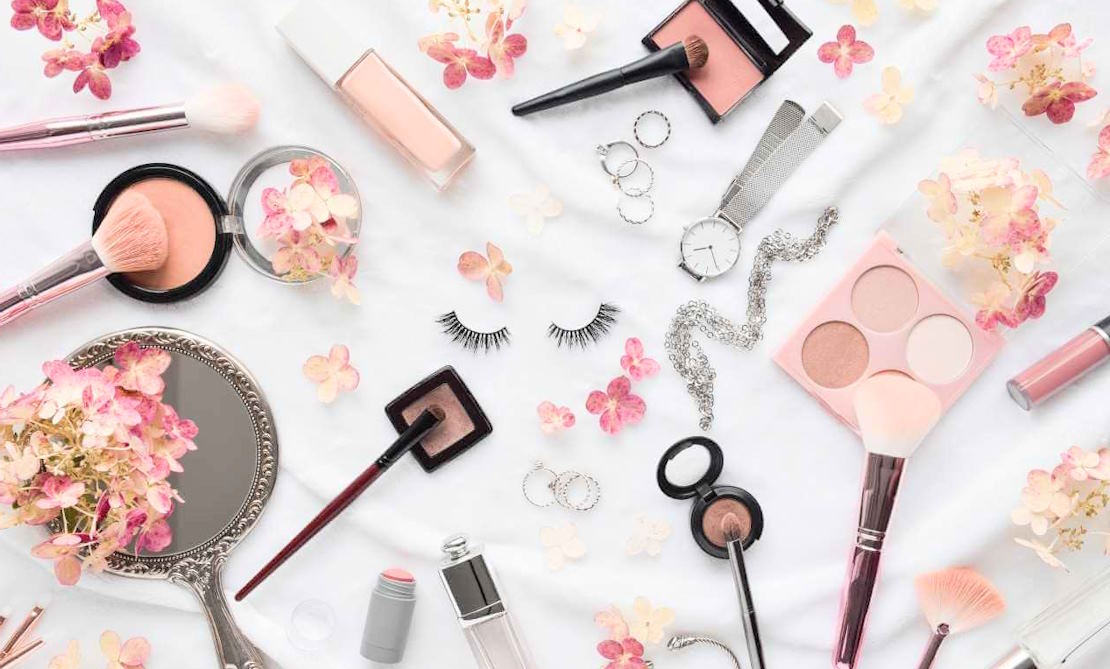
Signs of Expired Makeup
Makeup can be a beauty game-changer, but it has a finite lifespan. Using expired makeup can lead to various problems, from skin irritations to ineffective results. To help you identify when it’s time to bid farewell to your beloved products, here are some key signs of expired makeup:
Changes in Color, Texture, and Smell
One of the most apparent indicators of expired makeup is a change in its appearance and scent. If your once creamy foundation now looks separated or has an off-putting odor, it’s time to toss it. Lipsticks and eyeshadows may alter in color or develop an unusual smell, indicating that their ingredients have started to break down.
Separation and Clumping
Liquid or cream-based products, such as foundations, concealers, or moisturizers, may separate into different layers over time. Shake them gently, and if they don’t blend back together smoothly, it’s a sign they’re past their prime. Clumping in mascaras and eyeliners is another red flag that they’re no longer safe to use.
Irritation or Allergic Reactions
Expired makeup can be harsh on the skin. If you experience redness, itching, or any other signs of irritation after applying a product, it may be due to its deteriorated state. Always patch-test new makeup, and if you encounter adverse reactions, discontinue use immediately.
Ineffectiveness
Makeup is designed to enhance your appearance, but if it’s expired, it won’t perform as expected. Mascara might not provide the volume and length you desire, foundation may no longer provide adequate coverage, and lipstick could smudge or fade quickly. When makeup loses its effectiveness, it’s time to invest in fresh products to maintain your desired look.

